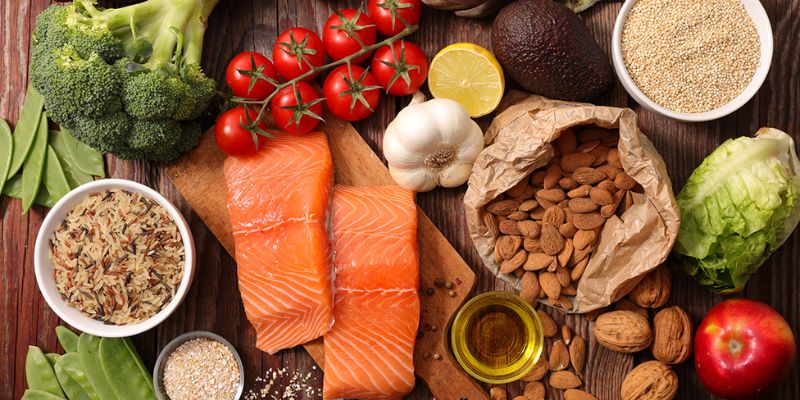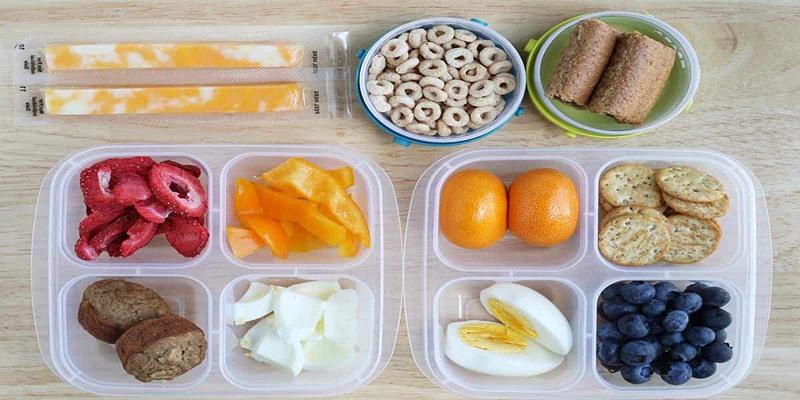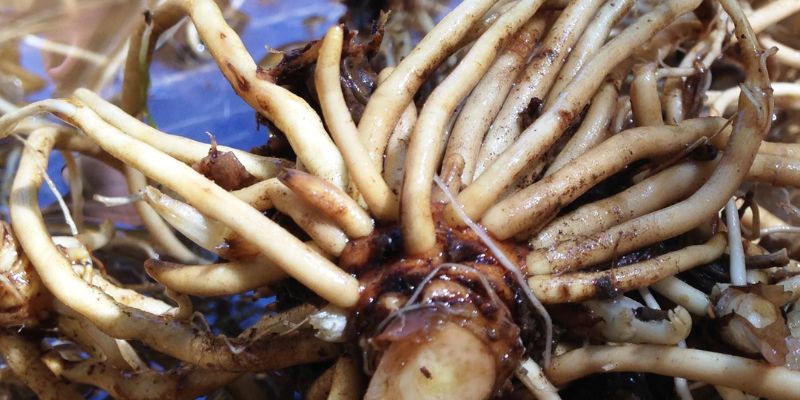High blood pressure, also called hypertension, affects one-third of people in the United States. But only about half of the people with high blood pressure can keep it under control. Even with no symptoms, high blood pressure can harm a person's health in many ways.Chronic hypertension raises the risk of cardiovascular disease, stroke, kidney disease, and aneurysm. Long-term untreated hypertension increases the likelihood of developing cardiovascular disease, stroke, renal failure, and aneurysms. If your blood pressure is continually elevated, you may develop an aneurysm over time. The good news is that, if you're concerned about high blood pressure, you may be able to reduce it naturally by adopting a few lifestyle adjustments.
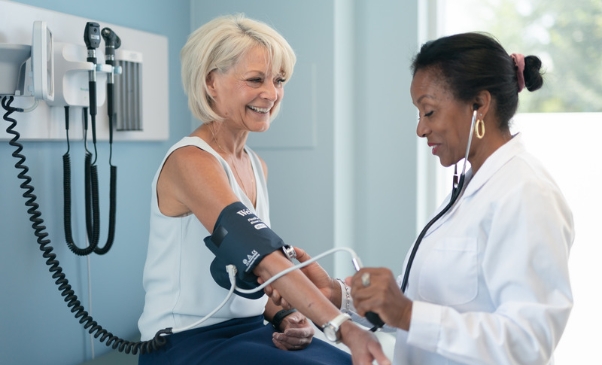
How to Lower Blood Pressure NaturallyExercise regularlyStudies have shown that regular exercise can lower high blood pressure by 5 to 8 mmHg. Maintaining a regular exercise routine is imperative to keep your blood pressure from rising. The general rule is to be physically active for at least half an hour each day at moderate intensity.Regular exercise has been shown to lower the chance that moderate hypertension will worsen and become severe (hypertension). People with trouble with high blood pressure may find that regular exercise helps bring their blood pressure down to a level that is easier to control.Walking, running, cycling, swimming, and dancing are all aerobic activities that lower blood pressure. Running is one type of aerobic exercise, but there are many more. You also have the option of doing high-intensity interval training. In this exercise plan, there are times when you work out hard and times when you work out less hard.You might also lower your blood pressure by working your muscles harder. Make it a goal to do some strength training at least twice weekly. Make a plan for physical activity and talk to your primary care doctor about it.Eat Less SaltMost people have no idea how much salt they take in every day. The American Heart Association has collected information showing the average American eats about 3,400 milligrammes (mg) of salt daily. Still, the safest amount to take daily is less than 1,500 milligrammes, and the recommended amount is 2,300 milligrammes. Those already dealing with the effects of high blood pressure will immediately understand how important this is.Here are some tips to help you cut down on the amount of sodium in your diet:Read all of the labels carefully before you buy something. Find out if the foods and drinks you buy often come in "low salt" or "low sodium" versions and consider buying them. Cut down on the number of ready-made meals you eat. As nature intended, you should only eat a small amount of salt with each meal. About 70% of the daily salt comes from pre-packaged, ready-to-eat, and restaurant food. Avoid adding salt. One teaspoon of salt only has 2,300 milligrammes of sodium in it. This is what is called a "low" amount.
Eat a healthy dietIt has been shown that some people's blood pressure can go down by as much as 11 mm Hg if they eat a diet high in whole grains, fruits, vegetables, and low-fat dairy products but low in saturated fat and cholesterol. The DASH plan and the Mediterranean diet are two examples of diets that have been shown to help some people lower their blood pressure.Instead of taking medicine for this condition, eating foods high in potassium, like fruits and vegetables, is better. There is a chance that taking 3,500–5,000 milligrammes (mg) per day could lower blood pressure by 4–5 millimetres of mercury (mm Hg). Talk to your primary care doctor about how much potassium you should get in your diet.
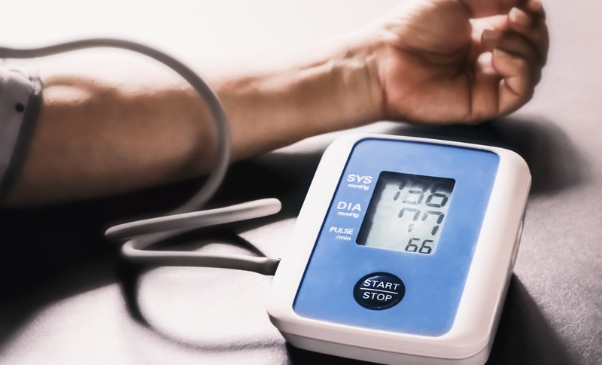
Get a good night's sleepSleeping less than six hours a night increases the risk of high blood pressure. Conditions including sleep apnea, RLS, and generalised restlessness may all make it difficult to go to sleep and remain asleep (insomnia). Talk to your health care physician if you have difficulties falling or staying asleep on a regular basis. Finding and resolving the underlying reason may allow for improved sleep quality. The following easy methods may help you get a better night's sleep even if you don't suffer from sleep apnea or restless leg syndrome.
Keep a hard time for sleep to get your energy back. It's essential to stick to the exact times to go to sleep and wake up. Try to keep the same evening plan during the week and on the weekends. Make a place for people to unwind. The bedroom should be kept at a comfortable temperature, devoid of noise, and completely dark. Do something relaxing for an hour before bedtime. Some ways to do this are to take a hot bath or learn how to relax. Stay away from bright screens like a TV or computer if you want to sleep.Think about the foods and drinks you eat and drink. Don't go to sleep hungry or full. Don't eat big meals right before bedtime. Also, you should limit or avoid nicotine, caffeine, and alcohol as close to bedtime as possible. Try your best not to sleep too long. People who feel better after taking a nap during the day say that their sleep at night gets better when they limit their naps to no more than 30 minutes.Having your blood pressure checked by a doctor regularly is also very important. If your doctor could get your blood pressure down, you should ask how often you should check it. You may only need to check once a day.Add More Potassium to Your Diet to Reduce High Blood PressurePotassium might be able to make up for some of the bad things that salt does to the body, and it is also an essential part of keeping the heartbeat steady. Instead of taking potassium supplements, changing the foods you eat is the best way to get to the recommended levels of K. You can fill up on potassium by eating these foods:
- There are many kinds of fruits to choose from, such as bananas, watermelons, oranges, apricots, avocados, and tomatoes, to name a few.
- Milk, cream cheese, and yoghurt are some dairy products that come to mind.
- Potatoes, sweet potatoes, and lots of green leaves.
- There are many kinds of fish, including tuna and salmon.
- Beans
- Seeds and nuts alike
Even though eating more of these foods might benefit your heart health, you must talk to your primary care doctor about the right potassium level. People with severe renal disease shouldn't eat a lot of potassium because their kidneys might not be able to handle the extra waste that is made.Conclusion:If this population's high blood pressure is not treated, it threatens public health and needs to be dealt with. About half of the people who were there knew about it. With the help of qualified medical experts, it is suggested that a plan be made to improve how hypertension is treated and to make more people aware of it. It has been suggested that the current healthcare system should include a programme to train general practitioners.


